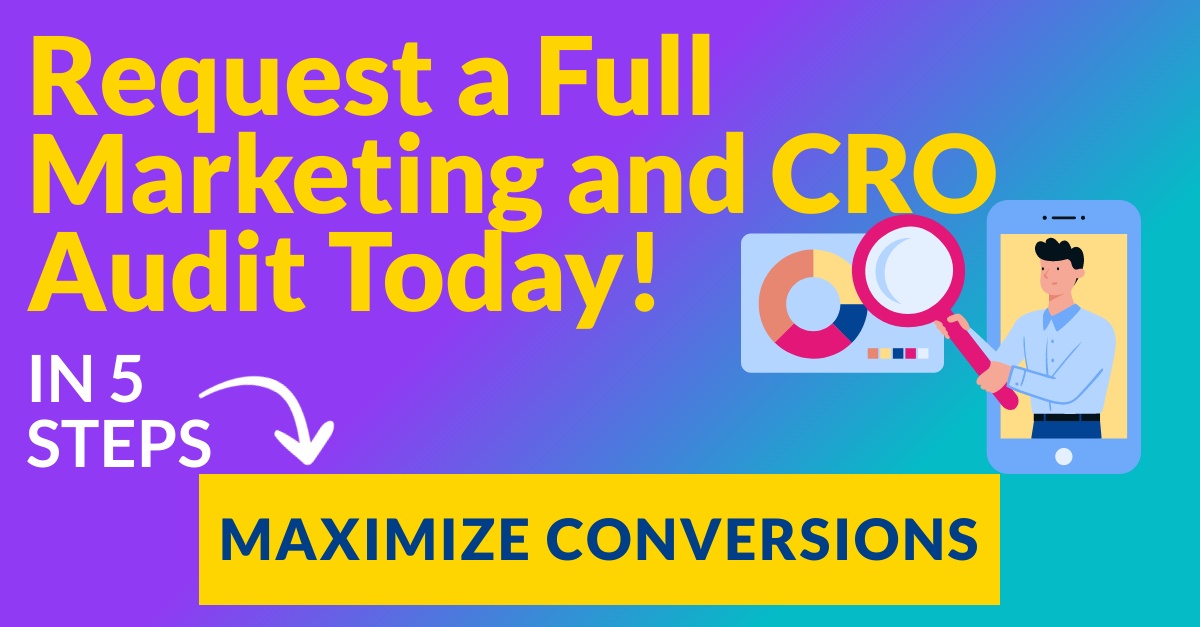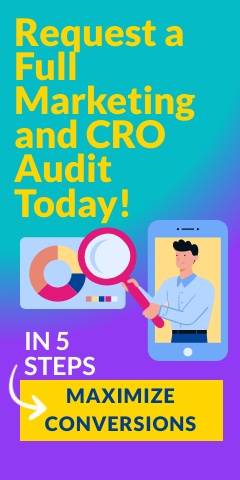 One of the challenges for any website designer/developer is facing a white canvas when creating a new website. In situations like this I usually roam BestWebGallery.com to get ideas from some of the most creative websites on the net. To totally redesign an existing website is a whole different challenge within itself.
One of the challenges for any website designer/developer is facing a white canvas when creating a new website. In situations like this I usually roam BestWebGallery.com to get ideas from some of the most creative websites on the net. To totally redesign an existing website is a whole different challenge within itself.
From a non-website design perspective, it might not be that hard. Most would just take the old site, add some spice and that’s it. Unfortunately, to the experienced designer, it’s not always that simple. There are many considerations.
Brand Recognition
Sometimes site owners prefer that their new website look like their old website, which if you think about it, doesn’t necessarily make sense. I’ve come to realize that they don’t necessary want it to look exactly the same, since they want a redesign, but to make sure their old customers can recognize the site when they come back. This is especially important for websites with good visitor loyalty and repeat customers. In this case, the designer has to convey the new vision with some of the old themes/color schemes to make the repeat visitors feel comfortable yet still have great new improvements.
Logo Consideration
There are times that a completely new design warrants a new logo design as well. An example is going from a 1990s website theme to a web 2.0 theme. For a company that is ready to embrace the new era, a new logo will be required. It can be based off of their old logo, but putting the old logo on this new shiny slick website is going to make it look out of place.
Make sure that your web designer is comfortable with redesigning a logo; if not, ask if they know someone they can outsource the work to. Just because they design websites, doesn’t necessarily mean they are comfortable designing logos. Make sure they know their limits.
Removing Functionalities That Don’t Work
This is a lot trickier than it should be. There are only a couple of ways to know if a particular functionality works.
1. Customer’s feedback and usage of it.
2. The website owner feedback from customers.
There are going to be times that a particular feature is only on the site because someone thinks it’s cool, and doesn’t necessary provide any additional benefit to the website visitors. Use the website stats to figure out what on the site works, and what doesn’t. There is no reason to have something fly across the screen from left to right just because you think it’s cool. Eliminate what doesn’t work! The answer is in the stats.
Adding New Functionalities
With new website design comes the understanding that new technologies and functionalities will be incorporated into it to give the visitors a better user experience. But, knowing ones limits is essential.
Know when not to add something just because you can. Make sure any new script or program you are adding adds benefits to the end user and the website owner. Always test, test, test, and test again.
Always Be Test Your Design
If you’re in sales, you heard of your “ABCs”, Always be Closing. I’m going to come up with a new phrase, “ABTs” – Always Be Testing. Google has developed several serious tools for web developers to take their website development to the next level. There is an A/B Split test tool that allows you to split test or multi-variant test almost any element on the website.
You can test which photos on the site create higher conversion rates for leads or sales. If photo A creates more than photo B on the home page, you’re going to go with photo A. But then you have to continue testing the winning photo against others. This will allow your conversions of leads/sales for you website to always continue to increase even if your traffic stays the same. Testing what works and what doesn’t for your particular audience will help you gain insight into your visitors.
When talking about a marketing campaign the best marketing directors I know always say “we still have more testing to do”. Test everything, website layout, placement, forms, etc. It’s a never ending process.
Analyze the Stats
This goes hand in hand with testing your new design. Analyze your new website design stats using new technologies like Crazyegg, which allows you to view heatmaps of your websites and see what parts of the website are hot and what parts are not. Test the hottest area, as well as coldest areas.
Google Analytics allows you to see some great in-depth information about your visitors and the way they browse your site. Your website hosting company usually should have some default stats that link directly to your log files, such as Awstats. You can use this program to see more stats and search engine robots/spiders visits. You can see what pages they visit and index etc. Use all your resources to your advantage to continue tweaking the website here and there.
Change Is Coming
Human nature is to resist change. The unknown always scares people. Unfortunately, if you have a website that is not performing like you wish, doing nothing will continue to hurt your bottom line; doing nothing has a cost too A website redesign is a big step when it comes to refreshing your brand image. Make sure you hire experienced website designers that understand the key points that I highlighted here. In order to succeed online you and your website has to change to keep up with the competition, and a redesign is usually the first step.





